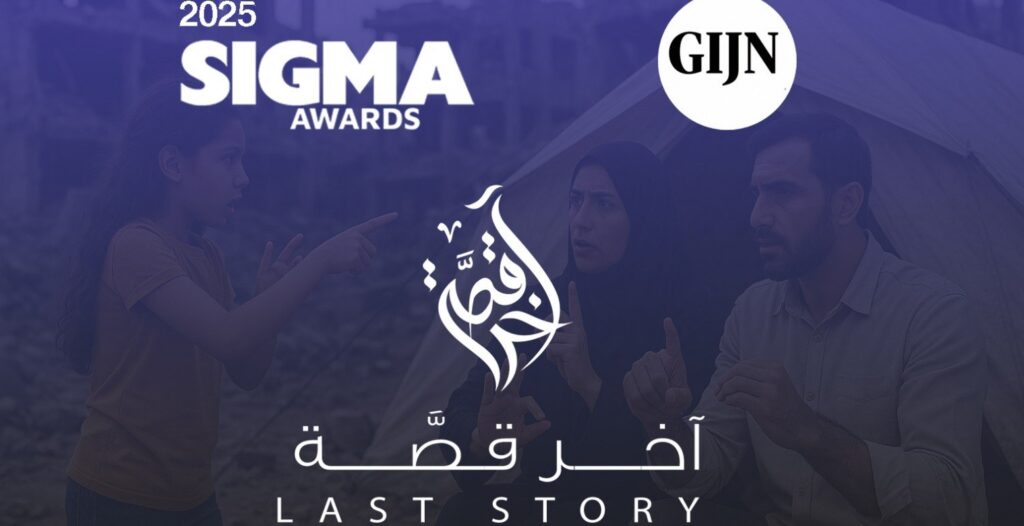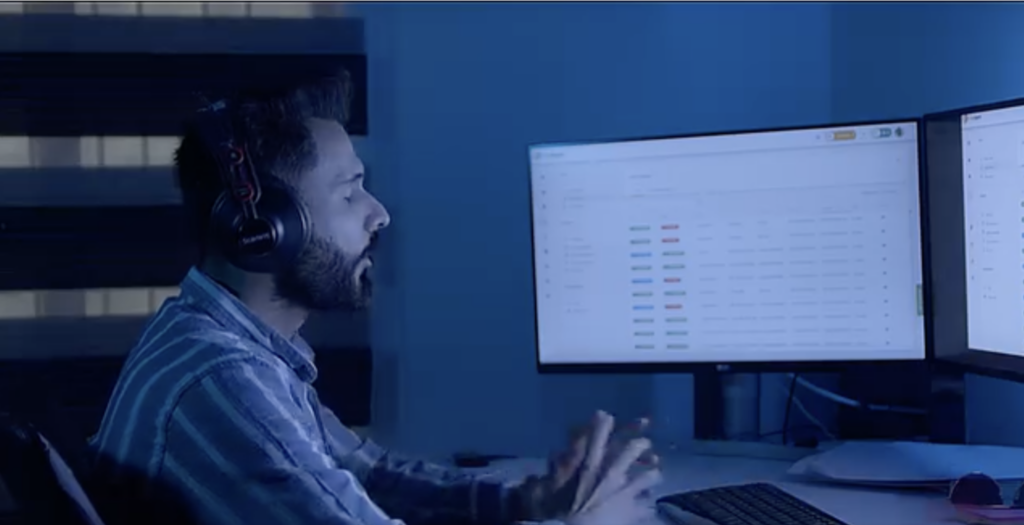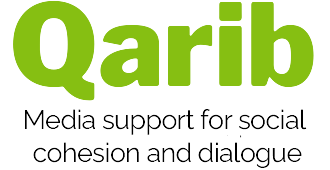May is considered the month of media freedom, as the third of May marks World Press Freedom Day. However, this year’s occasion comes as the challenges facing this freedom continue to mount in the Arab world, amid the ongoing war in Gaza and the deaths of more journalists.
As it does every year, the Qarib program organized a dialogue for the occasion, aiming to shed light on existing and emerging challenges, most notably:
The direct physical violence faced by journalists, especially in conflict zones like Gaza. In addition to the various forms of violence against journalists in Lebanon and Iraq, and the risks it poses to their lives, the legal repression increasingly used by governments, particularly through “defamation, libel, and slander” laws and cybercrime laws, which are used as a tool to prosecute and intimidate journalists. Impunity and the lack of judicial procedures, particularly in Lebanon, where authorities have failed to pursue justice in cases of the assassination and murder of journalists. This is in addition to the ongoing killing of journalists, which has reached more than 200 according to international organizations. The most prominent element discussed in the dialogues held during Press Freedom Day was the financial challenge, which was present but has recently worsened significantly. Economic instability limits the sustainability and independence of media institutions. .
Shorouq Asaad, a Palestinian journalist, participated in the discussion.
Ramzi Qais, a human rights researcher at Human Rights Watch.
Kholoud Hilmi, a co-founder of Enab Baladi Syria.
Mohammed Abu Shahma, a Gaza-based journalist who collaborates with OCCRP.
Yasser Al-Salem, editor-in-chief of Al-Mada, Iraq.
It is worth noting here that Jordan recently witnessed the blocking of the AmmanNet website based on what was considered a violation of the “ownership condition.” href=”https://ammannet.net/%D8%A3%D8%AE%D8%A8%D8%A7%D8%B1/%D8%B1%D9%81%D8%B9-%D8%A7%D9%84%D8%AD%D8%AC%D8%A8-%D8%B9%D9%86-%D9%85%D9%88%D9%82%D8%B9-%D8%B9%D9%85%D8%A7%D9%86-%D9%86%D8%AA-%D8%A8%D8%A7%D9%84%D8% AA%D8%B2%D8%A7%D9%85%D9%86-%D9%85%D8%B9-%D8%A7%D9%84%D8%A8%D8%AF%D8%A1-%D8%A8%D8%AA%D8%B5%D9%88%D9%8A%D8%A8-%D8%A7%D9%84%D8%A3%D9%88%D8%B6%D8%A7%D8%B9-%D8%A7%D9%84%D9%82%D8%A7%D9%86%D9%88%D9%86%D9%8A%D8%A9″ target=”_blank” rel=”noopener” data-cke-saved-href=”https://ammannet.net/أخبار/رفع-الحظر-عن-موقع-عمان-نت-بالعدوي-بتعد-بعتيق-الأوضة-القانون”>The ban was lifted laterwhen the institution began to rectify its status according to the same website.
International Award for the Productions of the Last Story

Here we present two productions by the Manateq platform and another by the Megaphone platform about these elections.
While the Manateq platform highlighted the candidacy of a number of independent women against parties and movements Political Megaphone platform read the dimensions of the results, the most prominent of which was those witnessed by the Lebanese capital, Beirut, where an alliance of private parties recorded Especially the Lebanese Forces and Hezbollah, and how the change movement lost in front of thoseAlliances.
In Gaza, amid the ongoing war and tragedy, news emerged that a partner platform of the Qarib program had won an international award, the Sigma Award, for its overall work on marginalized groups in Gaza.
In the following report, the Akher Qissa platform provides details of this international award.
href=”https://www.laststory.net/post/2143″>Read the investigation

In Iraq, our partners continued their diverse productions, especially those related to the youth category. Radio Al-Mirbad from Basra presented a video about art by telling the story of a group of young music enthusiasts who play the oud, develop their musical skills, and train via YouTube.

Artist Nour Mohammed Taqi also addressed the problem of cutting off internet service for all citizens due to the leakage of ministerial exam questions and the violation of people’s rights and the economic and social harm it causes.

